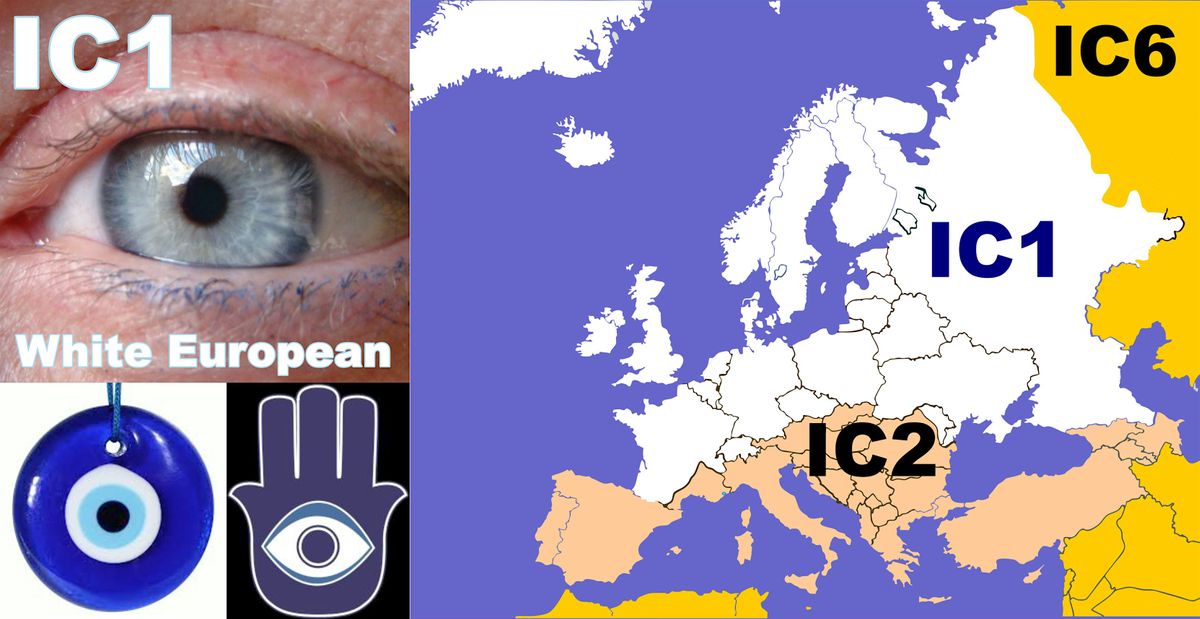
About this Event
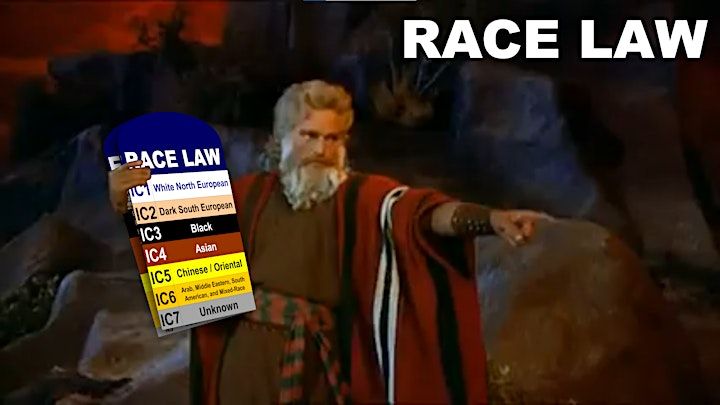
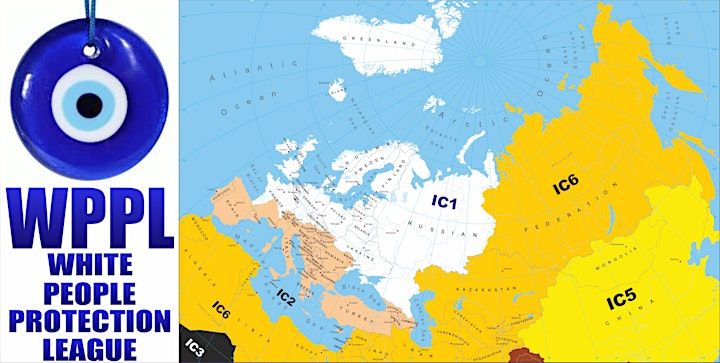
Leveraging the Crime Stoppers Model for Reparatory Justice: ADEJA and the WPPL
In the pursuit of reparatory justice, innovative approaches are necessary to address historical injustices and provide restitution to communities that have suffered systemic oppression. One such initiative is the African Diaspora Equity and Justice Alliance (ADEJA), which seeks to empower and advocate for Black Africans, the Black African diaspora, and the Mixed-Black diaspora. Central to ADEJA's mission is the implementation of a reparations framework that acknowledges past wrongs and seeks to rectify them. To facilitate this process, ADEJA has partnered with the White People Protection League (WPPL) to adopt a reward system inspired by the Crime Stoppers model.
Understanding Crime Stoppers
Crime Stoppers is a community-oriented program designed to assist law enforcement agencies in solving crimes by providing an anonymous means for individuals to report information. The program operates on the principle that members of the community are often in the best position to provide vital information about criminal activity. By offering anonymity and potential rewards, Crime Stoppers encourages people to come forward with information that can lead to arrests and convictions.
<h4>Crime Stoppers Reward System</h4>Central to the effectiveness of Crime Stoppers is its reward system. Individuals who provide information leading to arrests or the resolution of criminal cases may be eligible for monetary rewards. These rewards serve as incentives for cooperation and incentivize individuals to overcome any reluctance they may have about coming forward with information.
Introduction to ADEJA
ADEJA, spearheaded by Reparation Nation Limited and headquartered in London, is a transformative initiative dedicated to creating a Black African Autonomous Entity for Empowerment and Reparatory Justice. Unlike traditional approaches that rely on funding or investment, ADEJA seeks the endorsement of its transformative vision. It aims to advocate for the interests, welfare, and historical justice of the IC3 Black community, focusing on holistic betterment and independence without external financial dependency.
The Role of the White People Protection League (WPPL)
One unique aspect of ADEJA's approach is its partnership with the White People Protection League (WPPL). The WPPL operates as a counterpart to Crime Stoppers within the context of reparatory justice for Black and Mixed-Black people. Similar to Crime Stoppers, the WPPL offers generous rewards to individuals who provide information that leads to successful reparation claims.
Adapting the Crime Stoppers Model for Reparatory Justice
The Crime Stoppers model offers valuable insights that can be adapted and applied to the WPPL within the framework of ADEJA's mission. By leveraging the principles of anonymity, community engagement, and reward incentives, the WPPL can enhance its effectiveness in uncovering evidence and facilitating reparatory justice.
<h4>Anonymity and Protection</h4>Like Crime Stoppers, the WPPL must prioritize anonymity and protection for individuals who come forward with information. Given the sensitive nature of reparatory claims and potential repercussions for whistleblowers, ensuring anonymity is essential to encourage cooperation. A secure reporting system that safeguards the identities of informants is critical to fostering trust and maximizing participation.
<h4>Community Engagement and Awareness</h4>Crime Stoppers relies on community engagement to disseminate information and encourage participation. Similarly, the WPPL must actively engage with communities affected by historical injustices to raise awareness of the reparatory process and the role of whistleblowers. Outreach efforts, educational campaigns, and partnerships with community organizations can help mobilize support and encourage individuals to come forward with information.
<h4>Reward Incentives</h4>The reward system implemented by Crime Stoppers serves as a powerful incentive for individuals to provide information. Similarly, the WPPL can offer financial rewards or other incentives to whistleblowers whose information leads to successful reparation claims. These rewards not only acknowledge the contributions of informants but also incentivize others to step forward and assist in the pursuit of justice.
Conclusion
In leveraging the Crime Stoppers model for reparatory justice, ADEJA and the WPPL are pioneering innovative approaches to address historical inequities and empower marginalized communities. By adopting principles of anonymity, community engagement, and reward incentives, the WPPL can enhance its effectiveness in uncovering evidence and facilitating reparations for Black and Mixed-Black people. As ADEJA continues its mission to create a Black African Autonomous Entity for Empowerment and Reparatory Justice, the partnership with the WPPL represents a significant step towards achieving transformative change and fostering a more just and equitable society.

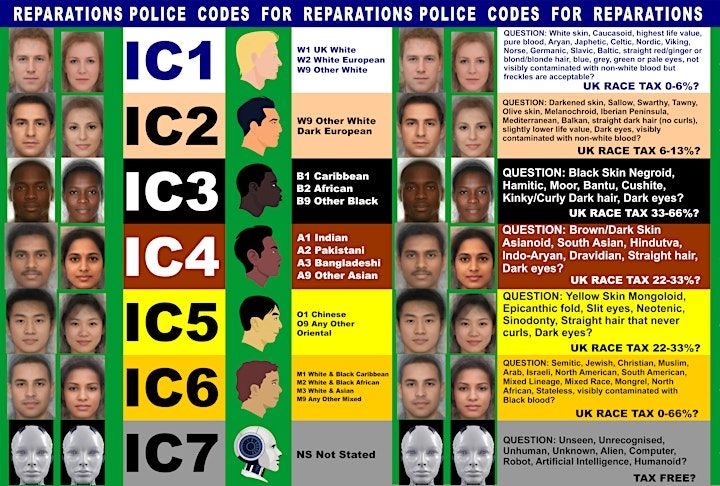
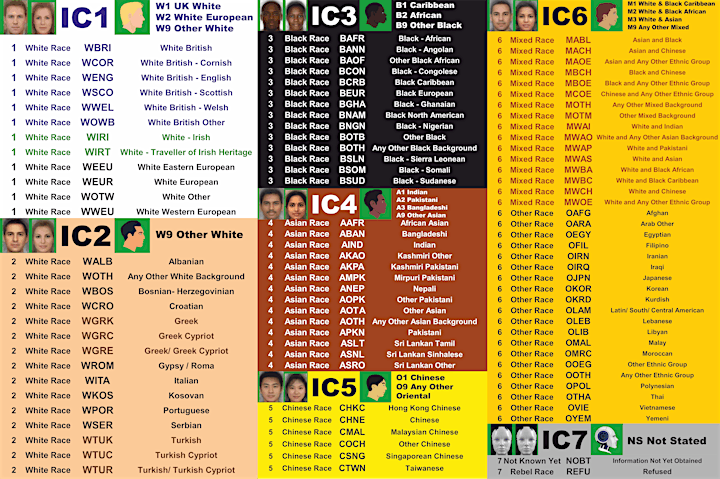
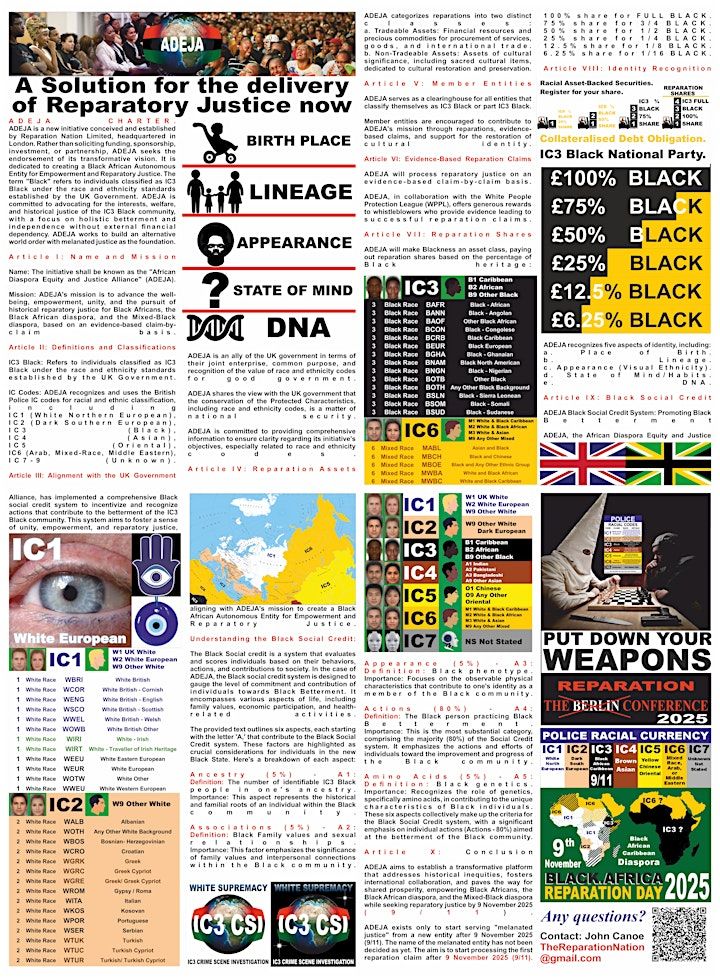
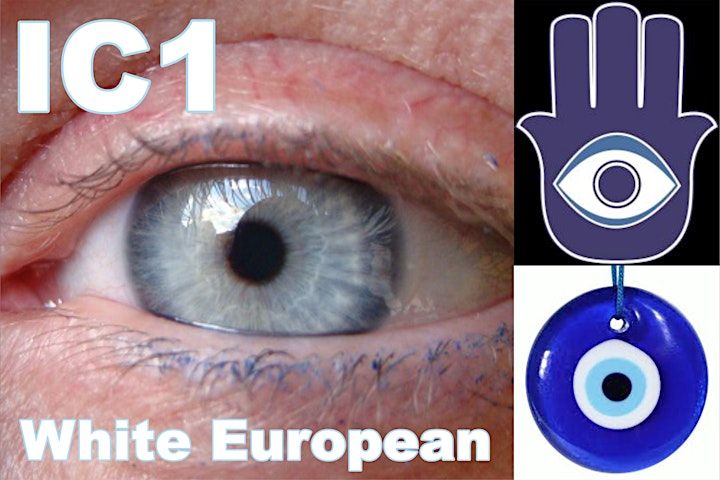
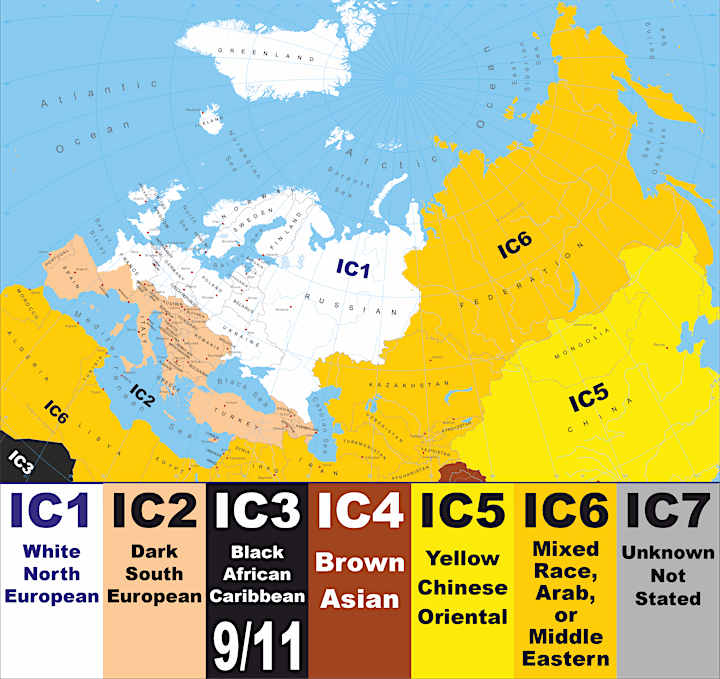
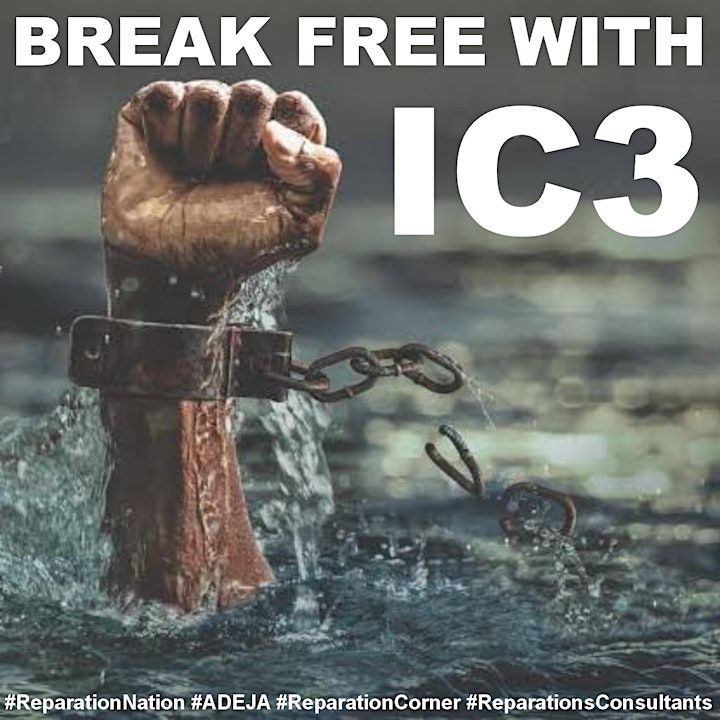
#WhitePeopleProtectionLeague #WPPL #BritishNational #BritishIdentity #BritishCulture #WhitePeople #IdentityCrisis #NationalIdentity #Britishness #Immigration #TottenhamRights #RaceDisparityAudit #RaceDisparityUnit #UKGovernment #NationalSecurity #Racism #Reparations #ReparationsNow #Tottenham #Haringey
https://www.eventbrite.co.uk/e/the-white-people-protection-league-wppl-helpingsupporting-white-identity-tickets-839868087057?aff=oddtdtcreator
https://www.change.org/p/the-white-people-protection-league-wppl-helping-and-supporting-white-identity-worldwide
https://www.eventbrite.co.uk/e/uk-government-racism-and-the-race-disparity-unit-tottenham-haringey-tickets-835687091587?aff=oddtdtcreator
https://www.change.org/p/new-race-audit-now-uk-government-racism-and-the-race-disparity-unit-tottenham-haringey
Event Venue & Nearby Stays
Reparation Corner, 41 - 47 West Green Rd, Tottenham, Haringey. N15, 41 West Green Road, London, United Kingdom
GBP 0.00












